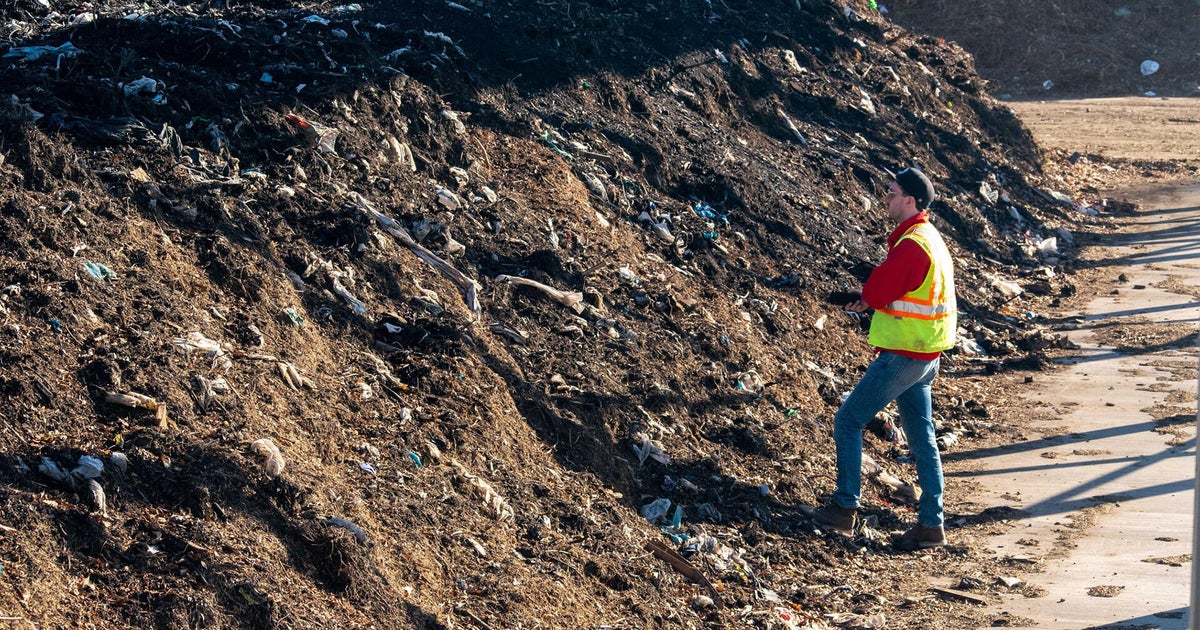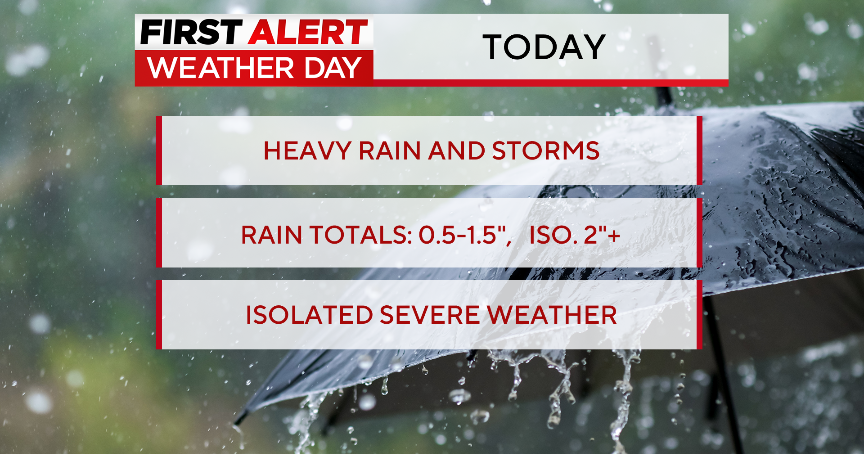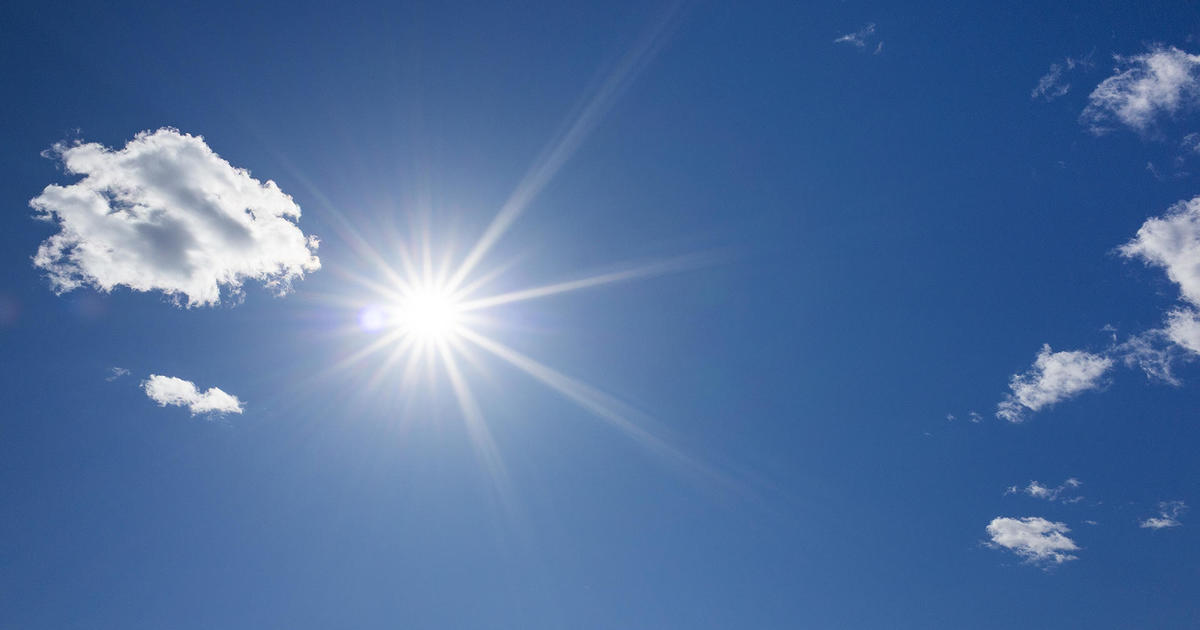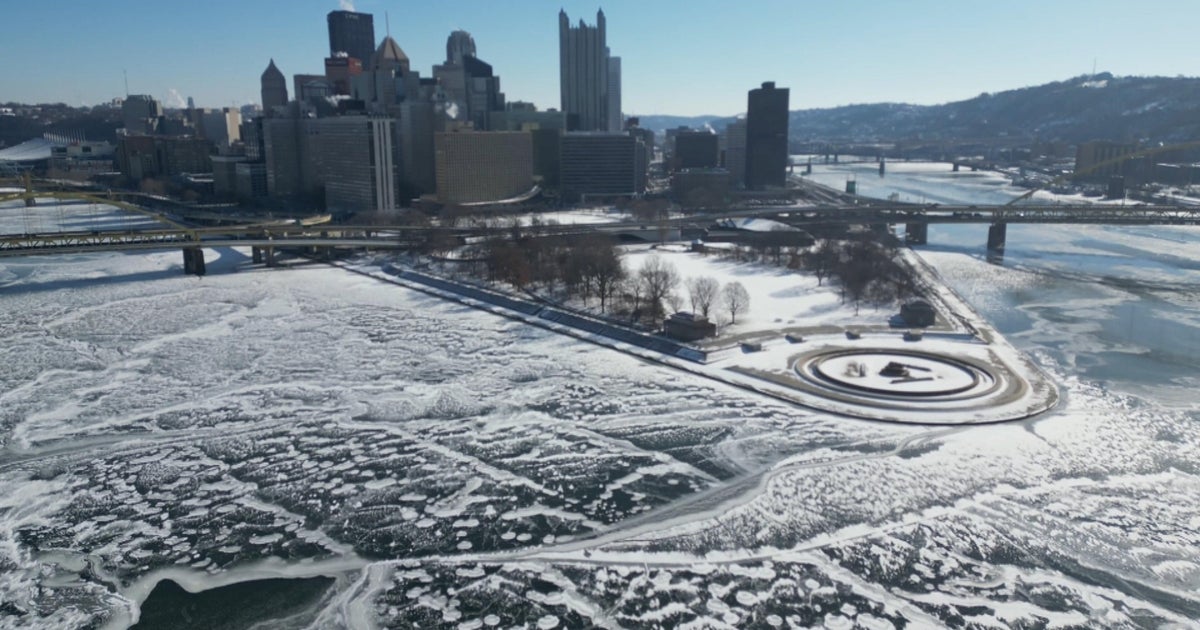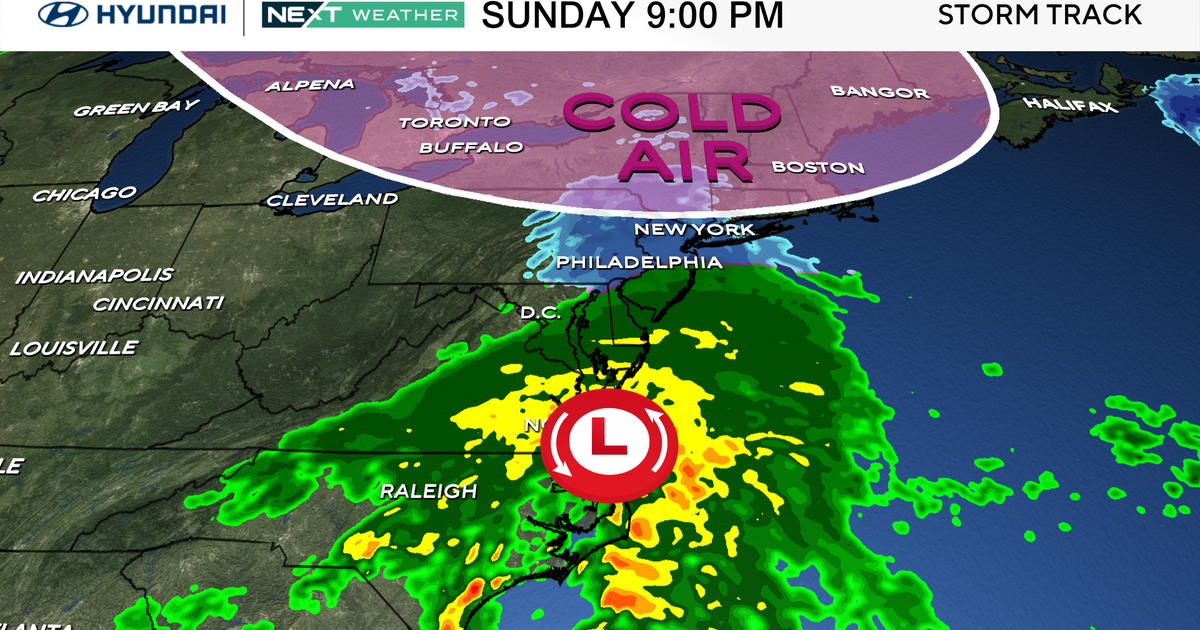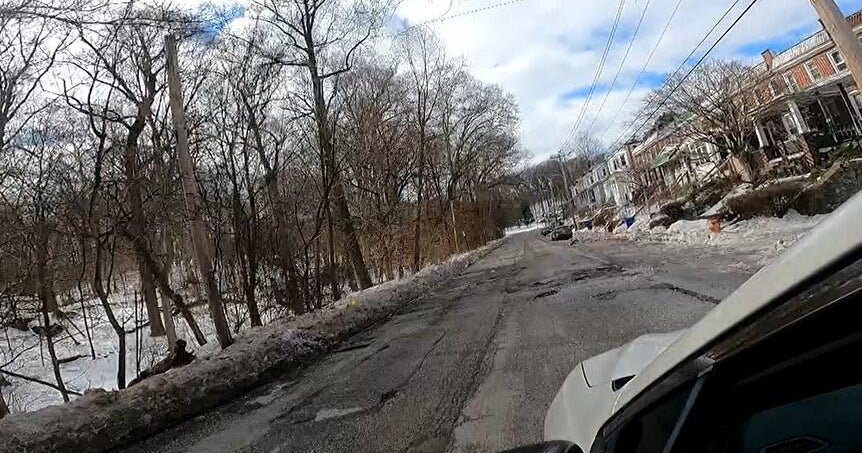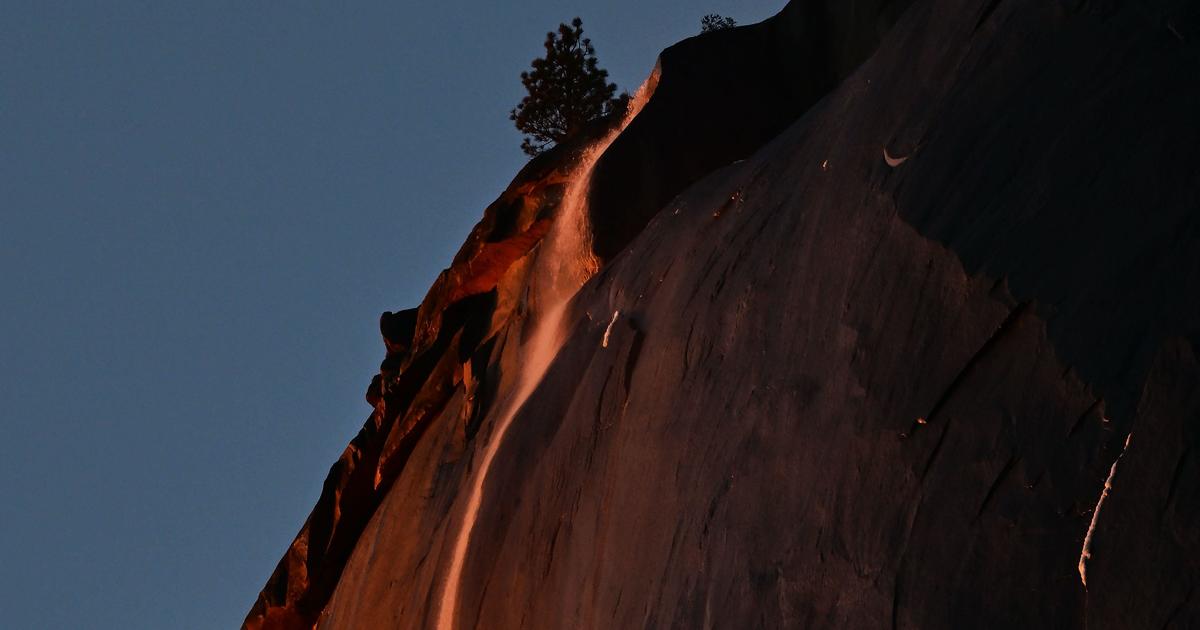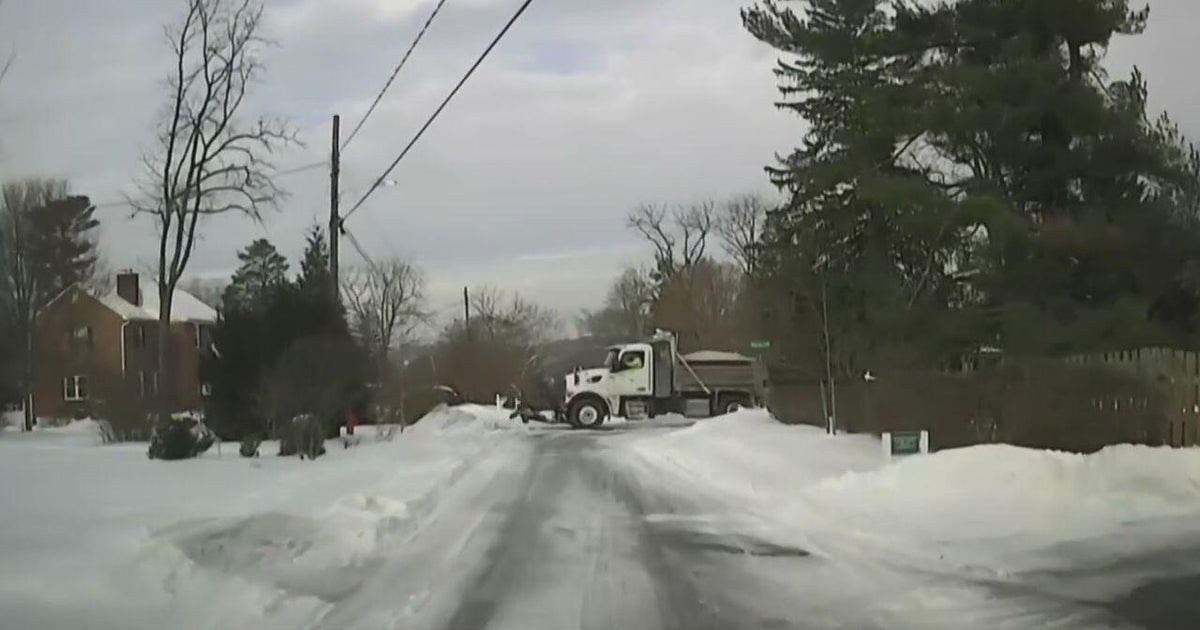Weak El Niño Portends Warm, Wet Winter for Much of U.S.
WASHINGTON (AP) -- Winter looks wet and especially mild for much of the country, thanks to a weak El Niño brewing, U.S. meteorologists said.
The National Weather Service on Thursday predicted a warmer than normal winter for the northern and western three-quarters of the nation. The greatest chance for warmer than normal winter weather is in Alaska, the Pacific Northwest, Montana, northern Wyoming and western North Dakota.
No place in the United States is expected to be colder than normal, said Mike Halpert, deputy director of the government's Climate Prediction Center.
The Southeast, Ohio Valley and mid-Atlantic can go any which way on temperature, Halpert said.
Overall the winter looks a lot like the last few, Halpert said.
"The country as a whole has been quite mild since 2014-2015," Halpert said.
Winter weather expert Judah Cohen, of the private company Atmospheric and Environmental Research, uses different indicators to predict winter for the National Science Foundation. He also forecasted a warm winter, heavily based on weak snowfall in Siberia.
PRECIPITATION
Halpert said the southern one-third of the United States and much of the East Coast could be hunkering down for a wetter than normal December through January. The chances are highest in southeastern Georgia and much of northern and central Florida.
Hawaii, Montana, Michigan, parts of Idaho, Wisconsin, northern Illinois, Indiana and Ohio are forecast to be drier than normal, with the biggest likelihood in Hawaii, Montana and Michigan.
The middle belt of the nation and some of the north from California to New York can go any which way on precipitation.
The weather service's forecast doesn't look at snow likelihood.
EL NIÑO
Halpert said the biggest factor in the forecast is a likely El Niño, the natural warming of parts of the central Pacific Ocean that influences weather worldwide.
The El Niño hasn't quite formed yet, but it's almost warm enough. Meteorologists predict there's a 75 percent chance it'll be around this winter. But it will be weak, not strong like the El Niño that helped lead to the record warm 2015-2016 winter, Halpert said.
BACKGROUND WARMING
While El Niño is the biggest factor in the forecast, long-term warming from human-caused climate change is a factor, too, Halpert said.
"All things being equal, the slight kick we get out of the climate signal does tilt things toward the warm side," Halpert said.
But it's not enough to outweigh other factors if they push toward cold.
"Even on a warming planet," he said, "it doesn't mean winter goes away and it's never cold again."
© Copyright 2018 Associated Press. All Rights Reserved. This material may not be published, broadcast, rewritten or redistributed
